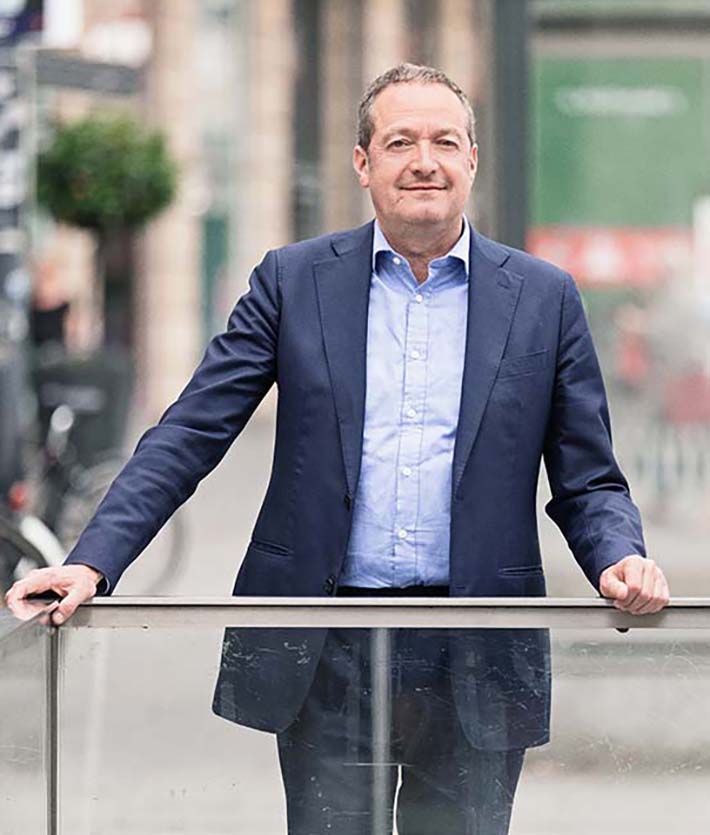Net profit of DKK 10.0 billion earned during a period of continuing challenges
Return on equity of 8.5%. New ambitions to be realised by 2023. Outlook for 2019 net profit narrowed to lower end of range.
 Content is loading
Content is loadingReturn on equity of 8.5%. New ambitions to be realised by 2023. Outlook for 2019 net profit narrowed to lower end of range.


The first nine months of 2019 were characterised by challenging interest rate levels and margins as well as higher impairment levels and an increase in costs, related especially to compliance. We saw a good underlying business with high customer activity and lending growth, but overall, our performance is under pressure. Therefore, we today present a new set of ambitions for 2023 and the key elements of the plan that will enable us to realise them. Through diligent cost management, significant investments in digitalisation and in our organisation as well as disciplined execution, we are committed to becoming a better bank for all our stakeholders: customers, employees, society and shareholders.
Chris VogelzangChief Executive Officer, Danske Bank

In the first nine months of 2019, Danske Bank delivered a net profit of DKK 10.0 billion, a decrease of 14% from the level in the first nine months of 2018. The challenging trends of the first half of the year continued into the third quarter and had a negative effect on the results. Customer activity was good, and the underlying business remains solid, but performance is under pressure.
The return on shareholders’ equity after tax in the first nine months of 2019 was 8.5%, against 10.1% in the first nine months of 2018.
Total income amounted to DKK 32.8 billion, a decrease of 2% from the level in the first nine months of 2018:
Operating expenses amounted to DKK 19.2 billion, an increase of 2% from the level in the first nine months of 2018. The increase was primarily a result of higher compliance costs, including costs for our anti-money laundering activities, as well as investments in further digitalisation.
Our strong focus on maintaining a high-quality loan book meant that credit quality remained strong. Loan impairments recorded a charge of DKK 813 million in the first nine months of 2019, against a net reversal of DKK 607 million in the first nine months of 2018. The increase was driven mainly by increased impairments against a few single-name exposures and lower reversals in Denmark. In addition, loan impairments were adversely affected by a minor deterioration of the macroeconomic outlook.
Total lending was up 3% and total deposits were up 4% from the levels at the end of December 2018. Lending increased (in local currency) in all core markets.
Acting Group Press Officer: Karl Kjær Bang, Mobile: +45 14 14 00
We will hold a conference call for analysts and investors at 14:00 CET.
Follow the conference call
.png?h=128&iar=0&w=128&rev=c0456076148343a69ec27218e9fa39aa&hash=5367D3AD7CFBE8E78181A6587FAB2790)